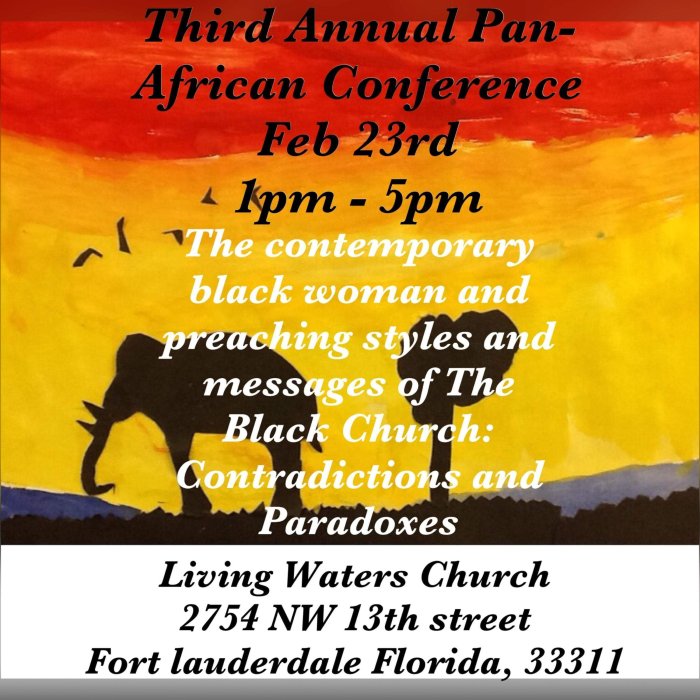“The United Methodist Church: Ecclesiastical Authority, the Body of Christ, and the Inclusion of LGBTQ Clergy in its Life”
Christian Churches in the United States will fall or stand on the issue of the inclusion of LGBTQ clergy in church leadership and the pastorate and the acceptance of same-sex marriage in its fellowship. What happened today in the United Methodist Church is a clear indication that (1) Christianity is a global phenomenon; (2) Christianity, in its various denominational expressions, goes beyond the Christian Americancentrism (i.e. American Christian particularities and preferences); (3) ecclesiastical authority matters, and its decisions (the decision-making process) may affect not only the collective life, activities, and functions of the universal church (as an institution), but also those of the local church and its associating (individual) members; (4) the issue of sexual and gender identities and the definition/redefinition of marriage is more than a legal matter–although same sex marriage is legal in the United States where the American United Methodist Church is also located, but the United Methodist Church is not American– , but also an issue that is decided by ecclesiastical authorities, on an international scale; and (5) finally, today’s collective decision in the United Methodist Church demonstrates that both marriage and sexual/gender identity is not merely a matter of individual preference, but a profound question entailing tradition, biblical authority, and theological hermeneutics.
As time evolves and people’s attitude toward religion changes, especially about traditional Christianity, Christians of various theological commitment will continue to struggle over the issue of gender and sexual identities and the meaning of marriage in the body of Christ, and the place of LGBTQ clergy in the pastorate and administration of the church. The battle is not over yet, and the matter is not just a concern of a particular christian denomination: The United Methodist Church. In fact, it is a vital concern of enormous implications and will be a matter for all Christian denominations, both in the present and in the future, to evaluate, reassess, and eventually to decide an outcome. This issue will make its way in the most theologically-conservative Christian denomination in the United States: the Southern Baptist Convention (SBC). Mark my word! In the meantime, we should continue to pray for the unity of the church and of all believers, for biblical fidelity, and for the people of God to remain true to their conviction–theological, moral, and ethical. Above all, we should always pursue love, truth, justice, and beauty grounded on the moral character of God in Christ Jesus.Correspondingly, let the church and followers of Jesus Christ show radical compassion, care, and love toward the LGBTQ people, who are also created in the Imago Dei and recipients of God’s abundant grace and mercy!
As Paul exhorts the Christians in the Church at Rome:
“7 For none of us lives for ourselves alone, and none of us dies for ourselves alone. 8 If we live, we live for the Lord; and if we die, we die for the Lord. So, whether we live or die, we belong to the Lord. 9 For this very reason, Christ died and returned to life so that he might be the Lord of both the dead and the living.19 Let us therefore make every effort to do what leads to peace and to mutual edification.” Romans 14:7-9, 19
